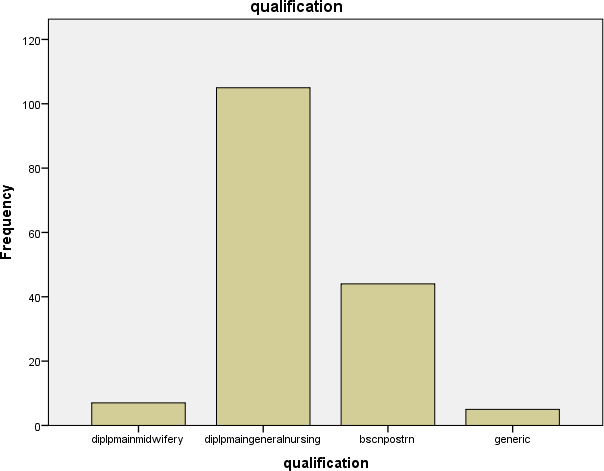A Quantitative Analysis of the Impact of Emotional Labor on Patient Safety in Healthcare
DOI:
https://doi.org/10.62019/pytbcn37Abstract
This quantitative study examines the impact of emotional labor on patient safety, focusing on how nurses’ ability to manage emotions affects healthcare outcomes. Patient safety is a critical global objective, defined by the World Health Organization (WHO) as minimizing harm to patients during healthcare delivery. Ensuring patient safety improves healthcare efficiency, reduces patient harm rates, and strengthens public trust in medical institutions. Emotional labor, a key aspect of nursing, involves managing and expressing emotions as part of professional responsibilities, influencing both patient care quality and nurses' well-being.
A cross-sectional research design was employed, utilizing a structured questionnaire to collect data. The study was conducted at SGRH, with a total population of 280 nurses, from which a sample of 184 was selected using Yamane’s formula. Convenience sampling was applied to recruit participants. The reliability, validity, and normality of the data were statistically confirmed. Regression analysis revealed a significant relationship (p = 0.000) between emotional labor and patient safety, indicating that nurses' emotional management directly affects patient care quality.
The findings highlight the importance of emotional regulation in nursing, as it plays a crucial role in enhancing patient safety. While emotional labor is essential for providing high-quality care, excessive emotional regulation may pose challenges for nurses. Addressing emotional labor through training and institutional support can improve healthcare outcomes. This study underscores the need for strategies that balance emotional demands with patient safety objectives, ultimately contributing to more efficient and trustworthy healthcare systems.

Downloads
Published
Issue
Section
License
Copyright (c) 2025 Iram Waheed

This work is licensed under a Creative Commons Attribution-NonCommercial-NoDerivatives 4.0 International License.






